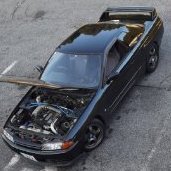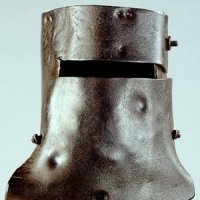Importing Vehicles From Japan After The Nuclear Disaster... What Precautions Are Taken?
Announcements
-
Similar Content
-
Latest Posts
-
I'm with Kinkstah. Good ECU so you can tune some of the shittiness out of it. Secondly, if you want cheap, look at something like Speeduino.
-
I'd make the argument that "Just a daily" is what needs the real engine management and real tune for it's driving around casual needs. You can cut corners when you DGAF for dailying or road use on a car.
-
Of course a Link is the better option but $$$ which for what is meant to be “just a daily” might be overkill.









Recommended Posts
Create an account or sign in to comment
You need to be a member in order to leave a comment
Create an account
Sign up for a new account in our community. It's easy!
Register a new accountSign in
Already have an account? Sign in here.
Sign In Now